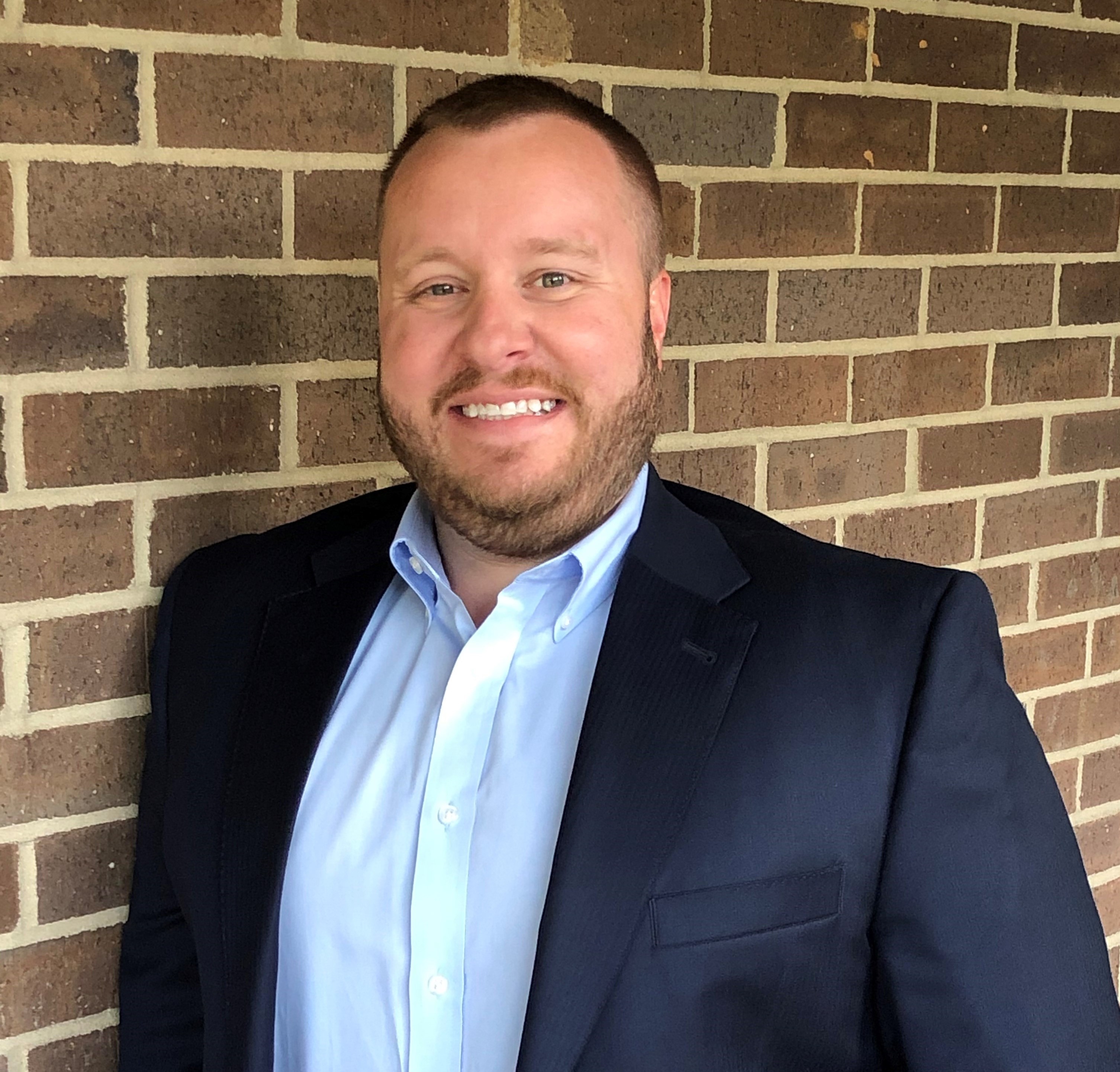Global View Investment Blog
Safeguarding Your Future with Essential Insurance Coverage
June is National Safety Month, a time when individuals and communities come together to raise awareness about safety and the importance of proactive measures to protect our well-being. As part of this initiative, it is crucial to understand the significance of having the right insurance coverage. Insurance acts as a safety net, providing financial protection from unexpected life events that exceed our ability to self-insure. Here are several different types of insurance coverage that everyone should consider to safeguard their future and mitigate potential risks.
Health Insurance: Protecting Your Well-being
The foundation of personal safety is good health. Health insurance is a vital form of coverage that helps individuals manage healthcare expenses. It covers medical treatments, hospitalizations, prescription medications, and preventive care. Most people receive coverage at a subsidized rate from their employer as part of a benefits package, but self-employed individuals typically must purchase their own coverage on the open market.
Pro tip: Self-employed individuals should make a habit of reviewing their coverage on an annual basis. Factors like the number of employees, changing tax laws, and level of coverage required may impact the pricing and availability of better alternatives.
Auto Insurance: Driving with Confidence
For those who own vehicles, auto insurance is essential (even required by law in most states). It safeguards you against financial losses resulting from accidents, theft, or damage to your vehicle. Auto insurance typically includes liability coverage, which protects you if you cause injury or property damage to others. It also provides coverage for medical expenses, repairs, and legal costs.
Pro tip: Lower deductibles will mean higher monthly premiums, but most people can save money by carrying a higher deductible and lowering monthly premiums. Price your deductible for how you will use the insurance.
Example: If a shopping cart rams into your car, are you going to pay the $250 deductible to have it fixed? Most will answer “No” as they will just pay the cost out of pocket to avoid filing a claim and risking an increase in their premiums. It would have been better to carry a $750 or $1,000 deductible, save money with lower monthly premiums, and reserve the need to file a claim for more expensive accidents. Of course, this assumes the discipline of having $1,000 in savings to meet the need when it arises.
Homeowners/Renters Insurance: Securing Your Shelter
Your home is likely your most valuable asset, making homeowners or renters insurance crucial for safeguarding it. Homeowners insurance provides protection against unforeseen events such as fire, theft, vandalism, or natural disasters. It covers the structure of your home, personal belongings, and liability in case someone is injured on your property. Renters insurance offers similar coverage for tenants, protecting their personal belongings and providing liability coverage. Both types of insurance provide peace of mind and help you recover financially in the face of unexpected circumstances.
Pro tip: Be sure to evaluate your deductible levels as referenced for car insurance. Try to find the level of deductible that truly would be the amount where you would consider filing a claim vs. paying out of pocket for repairs. This could save you money on lower monthly premiums.
Life Insurance: Ensuring a Stable Future
While contemplating one's mortality may be uncomfortable, life insurance is an important consideration for anyone with dependents or financial obligations. Life insurance offers financial support to your loved ones in the event of your death. It helps cover funeral expenses, replaces lost income, pays off debts, and funds education for children or dependents. Term life insurance policies tend to be the most affordable way to purchase this type of coverage.
Pro tip: Term policies are designed to provide temporary coverage during the most obligation-heavy time of life. They also allow individuals to make the transition to self-insurance through maximizing other wealth-building avenues. The goal for most families is to accrue enough wealth, pay off most large obligations (like a mortgage), and generate enough income that they no longer must pay for life insurance.
Disability Insurance: Safeguarding Your Income
Your ability to earn an income is a valuable asset and protecting it should be a priority. Your income earning potential is also the very thing that allows you to save for a future retirement! Disability insurance provides income replacement if you are unable to work due to an injury or illness. It helps cover your living expenses during the recovery period, ensuring that you can maintain your standard of living and meet financial obligations. With disability insurance, you can focus on your recovery without worrying about financial strain.
Pro tip: There are two common types of disability coverage. Short-term typically will not exceed coverage for up to one year, and long-term coverage will typically be for any period lasting up to age 65 (when Medicare and Social Security become available). Having a robust emergency fund may allow individuals to avoid paying for short-term coverage and focusing on coverage for the more serious long-term events.
Umbrella Insurance: Protecting Against Lawsuits
Umbrella Liability insurance is a vital form of coverage that shields individuals and businesses from legal liabilities. It provides financial protection if you are held legally responsible for injuries to others or damage to their property. Whether it's a slip and fall accident on your property or an incident involving your business, liability insurance can cover legal fees, medical expenses, and potential lawsuits.
Pro tip: Umbrella policies are typically inexpensive. Consider the car insurance example from earlier in this blog. The cost savings of carrying a higher deductible could also be used to fund most of the cost for an Umbrella policy.
Insurance is a necessary part of life, but it doesn’t have to be complicated. The unfortunate reality is that the insurance industry has built a reputation for having slick salespeople who sell products that most do not need or fully understand. It may surprise you to learn that these very same products also carry the largest commissions for salespeople. At Global View, we do not sell insurance. We act as fee-only fiduciaries for our clients when helping them determine the best course of action for their individual situation. If you need a true, unbiased advocate to help navigate how insurance fits into your overall financial situation, we value the opportunity to work with you. Contact Us to schedule a time to talk.

Written by Matthew Crider
Matt is a CERTIFIED FINANCIAL PLANNER™ professional who has been in the financial advisory business since 2008. He holds a BA in Marketing and Management from the University of Cincinnati and his MBA from Clemson University. Prior to Global View, Matt began his career with Fidelity Investments. His specialties at Global View include asset accumulation and investment strategies; college funding strategies; budgeting discipline and analysis; multi-generational planning; and life event changes, such as marriage, kids, home purchase, retirement, etc.
Are you on track for the future you want?
Schedule a free, no-strings-attached portfolio review today.
Talk With Us






